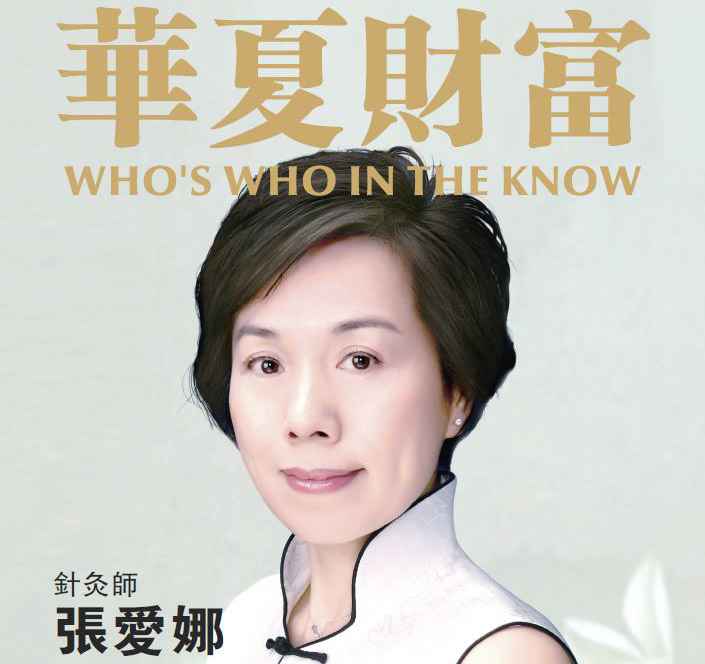In recent years, increasing numbers of infertility patients are using acupuncture during their IVF to increase the rate of pregnancy. The tremendous growth began with the publication of Dr. Paulaus Wolfgang’s ground breaking clinical study in 2002.
Groundbreaking Study
The study found that clinical pregnancy rate was 41.5% higher in treatment group when patients received pre and post ET (embryo transfer) acupuncture. Two subsequent clinical studies, conducted by Lars Westergaard et al and Stefan Dieterle et al also demonstrated that acupuncture around ET increased the clinical pregnancy rate by 33.3% and 55.5%, respectively. That is an impressive 43.43% average improvement for a 2% of incremental cost of the IVF, assuming $200 for pre and post IVF acupuncture, and $10,000 for an IVF.
Increased Awareness & Acceptance
The proliferation of Internet technologies, such as Google and chart-room, provided easy access to aforementioned clinical studies and a platform for infertility patients to share their positive experience with acupuncture among IVF patients.
In 2010, acupuncture, as a viable alternative and complementary therapy to western ART (Assisted Reproductive Technology), received a major boost when celebrities, such as Julie Snyder, and international super star Celine Dion, publicly endorsed acupuncture in their successful pursuit of parenthood.
The year 2012 marks another turning point – half of the Montreal’s infertility clinics are either offering on-site, pre and post embryo transfer acupuncture or planning to do so in the near future, due to an ever increase amount of support from recent clinical studies and patients’ demand.
Finding an experienced acupuncturist and faithfully following the requirements – whether it’s drinking bitter herbal teas, changing your lifestyle or receiving regular acupuncture treatments – are the keys to successful fertility treatment.








